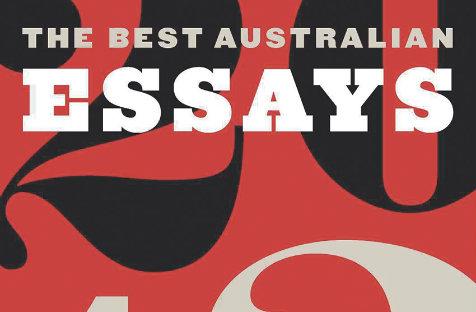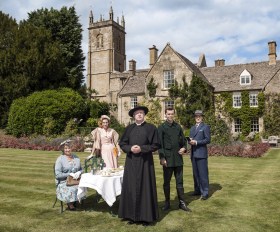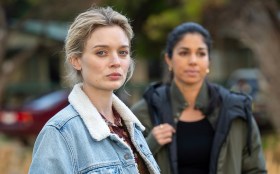‘When looking for wisdom, it’s a good idea to range widely,’ begins Ramona Koval’s introduction to The Best Australian Essays 2012. Appropriately, the annual collection features a wide range of wit and wisdom on a variety of topics (animals, politicians, pornography), although it does not stray far from the authors typically included in the series. All the usual suspects are here: Anna Krien and Clive James (who were both also included in the 2010 and 2011 editions); Helen Garner, Peter Robb, and David Marr.
This shouldn’t come as much of a surprise, since these names represent the established elite of Australian essay-writing. However, some of this book’s most compelling essays were written by authors not routinely included in this series.
John Bryson, a lawyer-cum-writer, writes about the notorious Chamberlain case in ‘The Murder of Azaria’. Bryson’s 1985 book Evil Angels chronicled Lindy Chamberlain’s trial for the murder of her daughter, whom she insisted was taken by a dingo. Now, Bryson tells the updated story of the ‘vast, stupendous fraud,’ beginning with an Uluru park ranger’s expression of concern over ‘the increasing marauding confidence of the local dingo pack.’ Shifting effectively from past to present and occasionally to future tense, Bryson vividly sets what he calls ‘tableaus,’ from the events leading up to the child’s disappearance to the deeply flawed investigation. The final tableau takes place in 2012: an emotionally-charged hearing at which the dingo theory was officially upheld. This would seem to be the final chapter of the story, but Bryson suggests that perhaps it shouldn’t be:
‘The Azaria story began as a witch-hunt and, as I leave to watch the Chamberlains face a media scrum outside, I wonder if it should not end as a witch-hunt. Who is to blame for the persecution of this tragic family?’
This question remains unanswered, but Bryson’s compassion for the Chamberlain family and his clear expertise on the subject make for a fascinating portrayal of an internationally notorious case.
Another stand-out selection from a Best Australian Essays newcomer is LM Robinson’s ‘This Much is True’ – a personal essay that poignantly describes a pregnancy gone wrong. At a routine sonogram, the author finds out that her unborn daughter, if carried to term, will have ‘not much of a life’. Quoting Nietzsche, Robinson writes, ‘All great problems demand great love’. The title of the essay comes from the author’s acknowledgement that this is particularly true of the decision she and her husband must make. The essay seems thoroughly infused with great love, and this seems to contribute to the power of its prose, which is some of the collection’s very best; authentic and emotional without being maudlin.
Rachel Robertson also explores the challenges of motherhood in ‘Raw Experience’, a personal essay about her relationship with her autistic son. Maria Tumarkin writes about the occasional absurdity of gastro culture, which she laments has overtaken literary culture. Romy Ash writes about hunting, and Cordelia Fine discusses the problem with porn.
The benefit of a book featuring widely-ranging wisdom is that there is likely to be something of interest for nearly every reader. Whether this collection really represents the very best Australia essays of the year, I can’t say for sure, but Ramona Koval has certainly selected a sample that is sophisticated, illuminating, and at times surprising. You really can’t go wrong.
The Best Australian Essays 2012
Edited by Ramona Koval
Paperback, 320pp, RRP $29.99
ISBN 9781863955799
Black Inc.
Actors:
Director:
Format:
Country:
Release:





